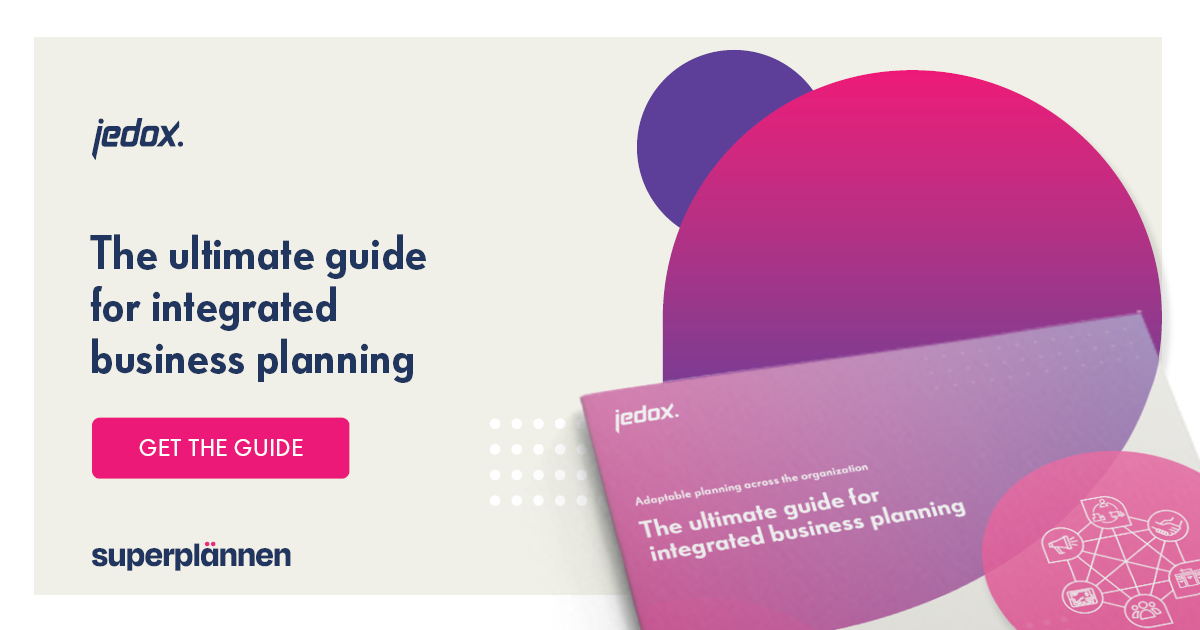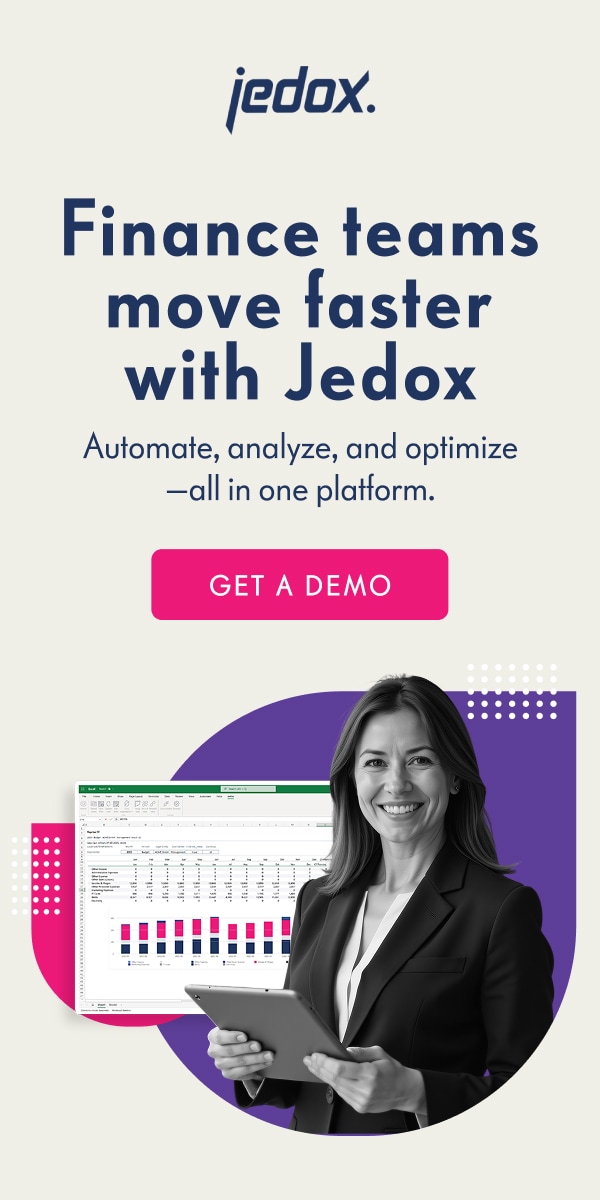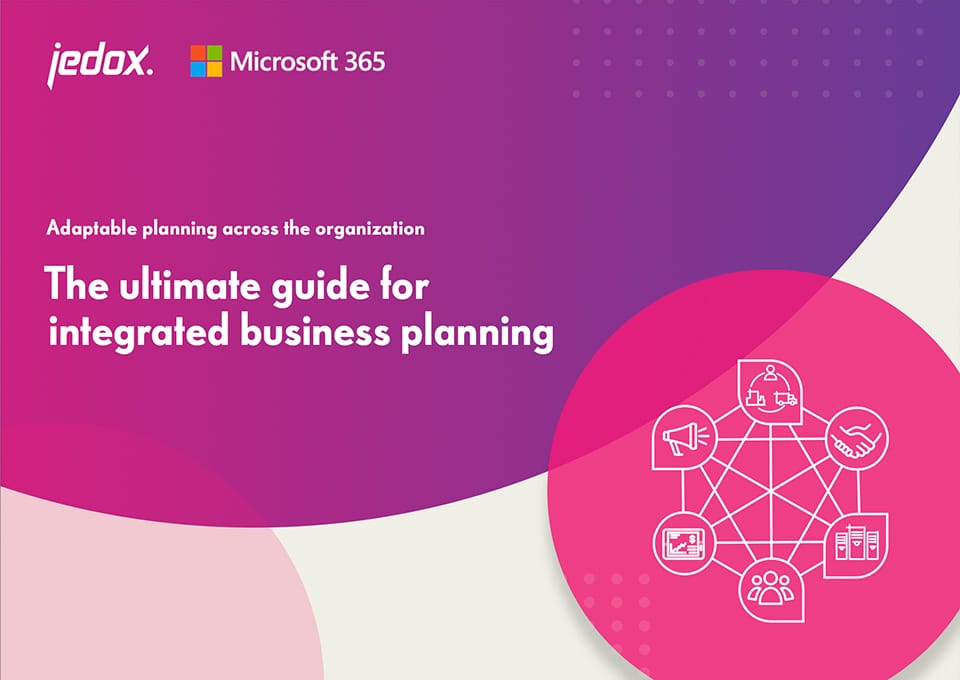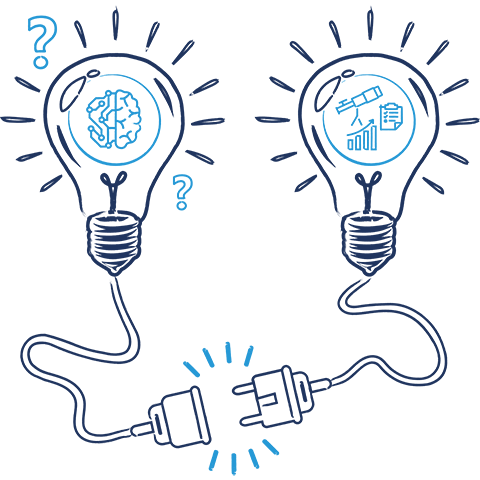
What is Business Intelligence and how does it link to EPM?
Decision making is sometimes considered an art created and presented by managers. Good decision making should involve more than just a good artistic sense and strong intuition. It also needs to be based on insights from data. Effective decision-making must be based on data analysis, decisions (planning) and the execution and evaluation of the decisions and its impact (forecasting).
Information systems provide different tools to support decision makers of many levels within an organization. Business Intelligence (BI) and Enterprise Performance Management (EPM) solutions aim to support effective decision-making. We’ll address common questions such as “How does it work?” and “Should organizations combine tools or use only one tool?” in this post.
What is Business Intelligence?
Modern organizations of all types collect data. “Traditional” data is being created in operational systems such as ERP, CRM, HCM and similar or related systems. Other sources of data may come from websites, marketing platforms, and market data. Data is unlikely to be useful without a proper process to obtain insights. Models such as the DIKW pyramid (Data, Information, Knowledge, Wisdom) explains the different levels of data processing and its value. As a basic example – In order to get basic information about our revenues – we can get an aggregated data from our ERP System. To analyze and obtain real knowledge about customer behavior (i.e., revenue by segment, loyalty etc.) we may need to integrate the financial data with data from the CRM.
Most BI systems support the following activities:
- Data mapping and/or collection from various sources,
- organizing the data with a business context,
- access to information (reporting and analysis) from the data includes visualization of the data (charts, maps)
- in some cases more advanced analytical capabilities such as AI, alerts, etc.
Enterprise performance management (EPM), is the set of business practices, processes and tools that allow organizations to better plan and evaluate their strategic goals and their tactical execution to track performance and success of the organization.
The Link between BI and EPM
Most strategic and operational planning processes in organizations are based upon three recurring stages:
- Plan: The decision-making phase where organizations set a direction (budget, sales goals, etc.)
- Analyze: Using information and knowledge from the data the organization collected over time
- Forecast: Make decisions about future planning based on the initial planning and analysis.
While most BI systems do support great insights for the analyze phase of the process, BI systems were not historically designed to support the planning and forecasting processes. Regardless of the planning type or complexity, BI systems analyze data, information and support knowledge and wisdom from data but the usage of the knowledge for planning purposes is done with EPM. An EPM solution should be able to read data from various system such as a BI tool (or data warehouse) and in some cases it can write-back data to those systems (i.e., an approved budget).
A comprehensive enterprise performance management solution provides support for a variety of planning methods and needs, forecasting, and allows different types of data analysis. While a properly equipped EPM solution will have some built-in BI capabilities that meets some BI needs, it does not offer a full replacement or “swap out” for a truly enterprise BI solution. BI systems do not fully replace EPM solutions since they do not have planning functionalities. Organizations in any sector looking to improve their planning processes need to consider how to optimize a combination of BI capabilities with a modern EPM solution that is tailored to meet their unique needs.
Learn more about how a modern EPM software supports unified, collaborative planning, reporting, and analysis.

